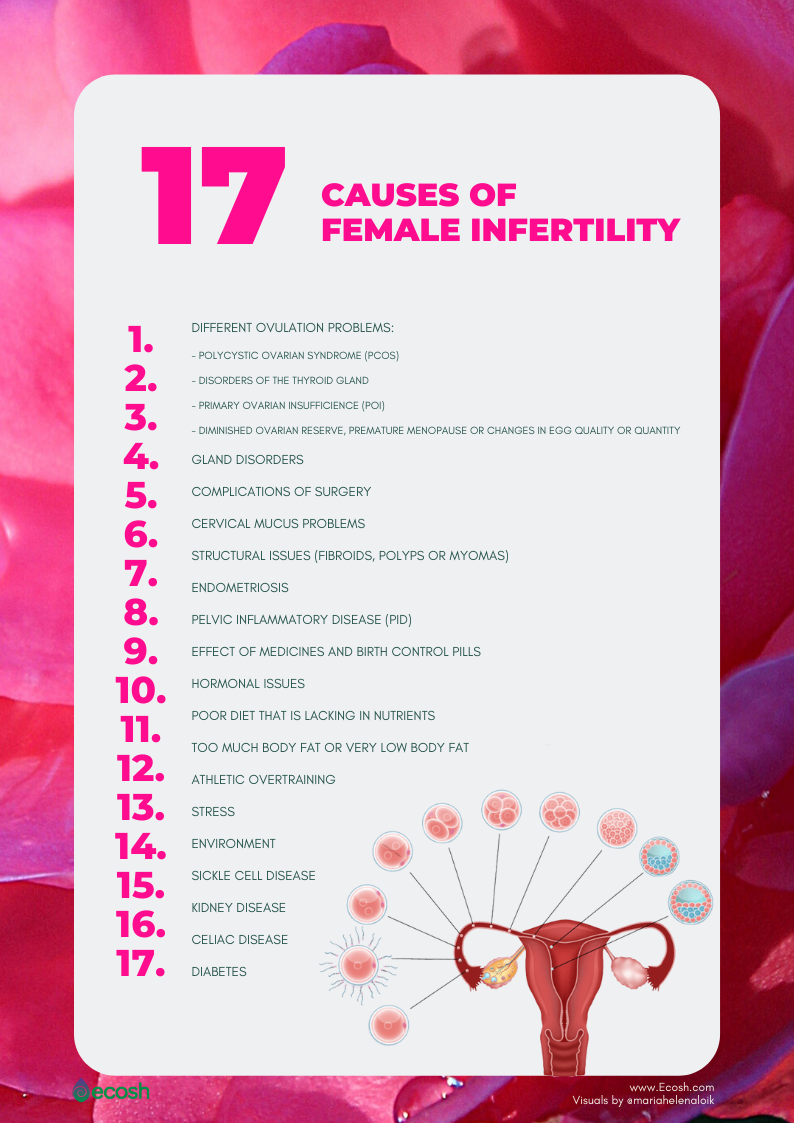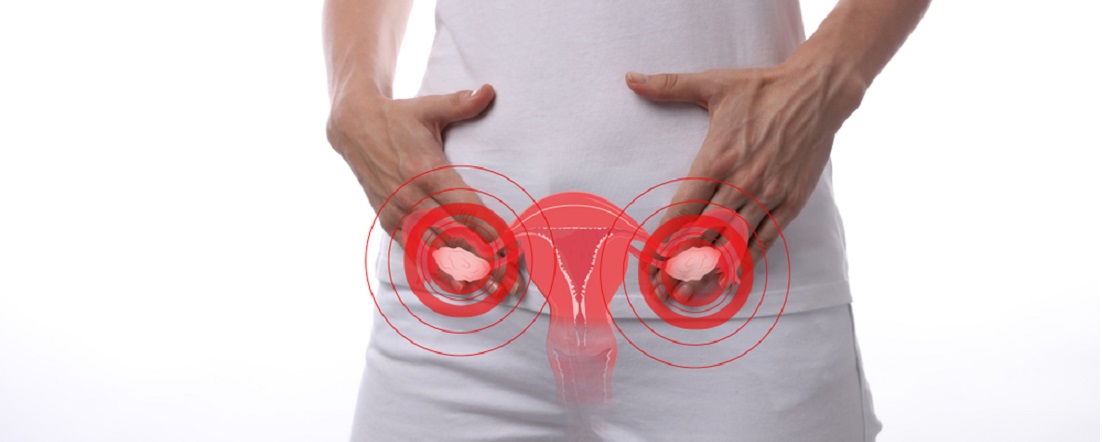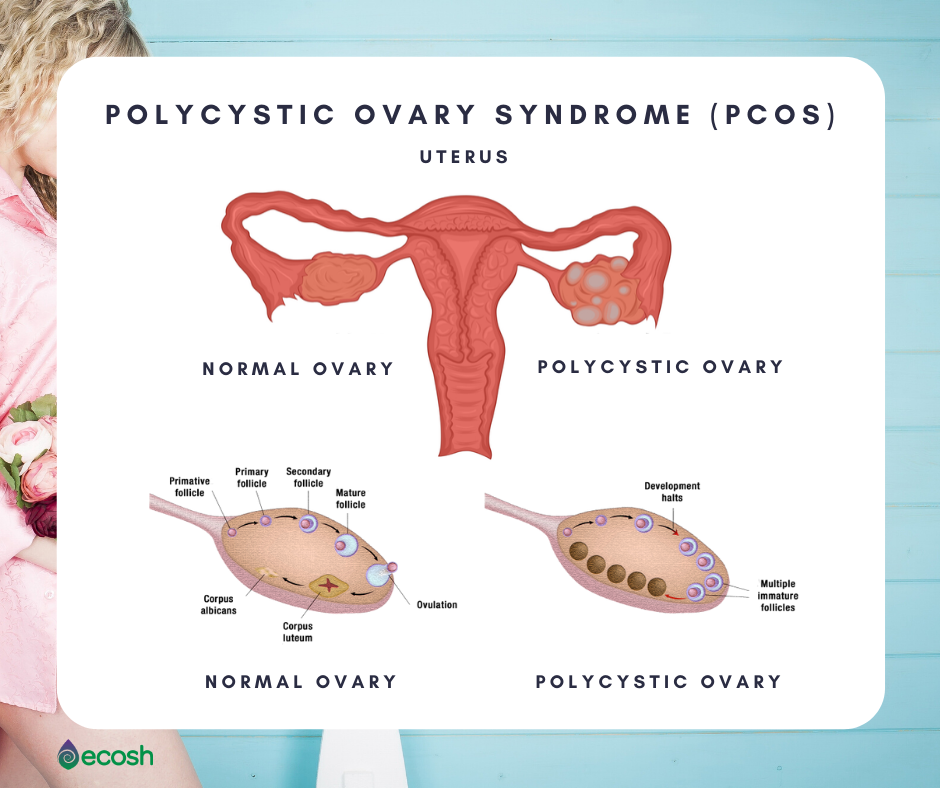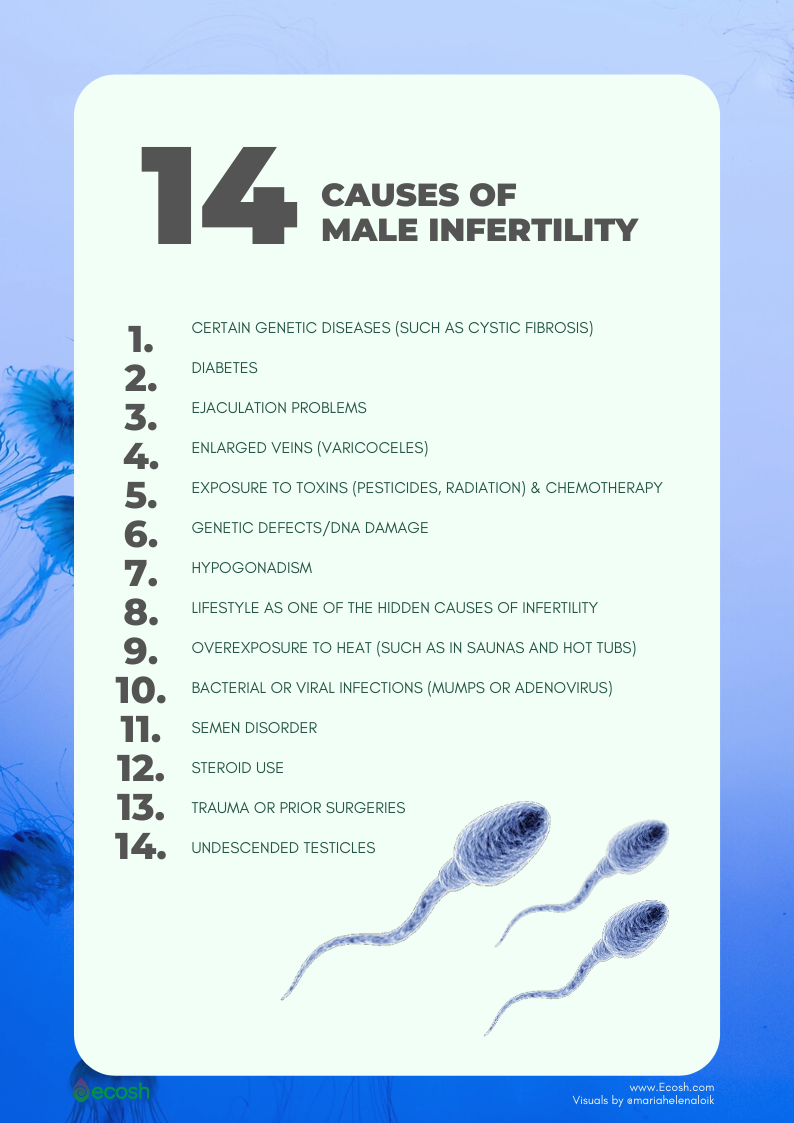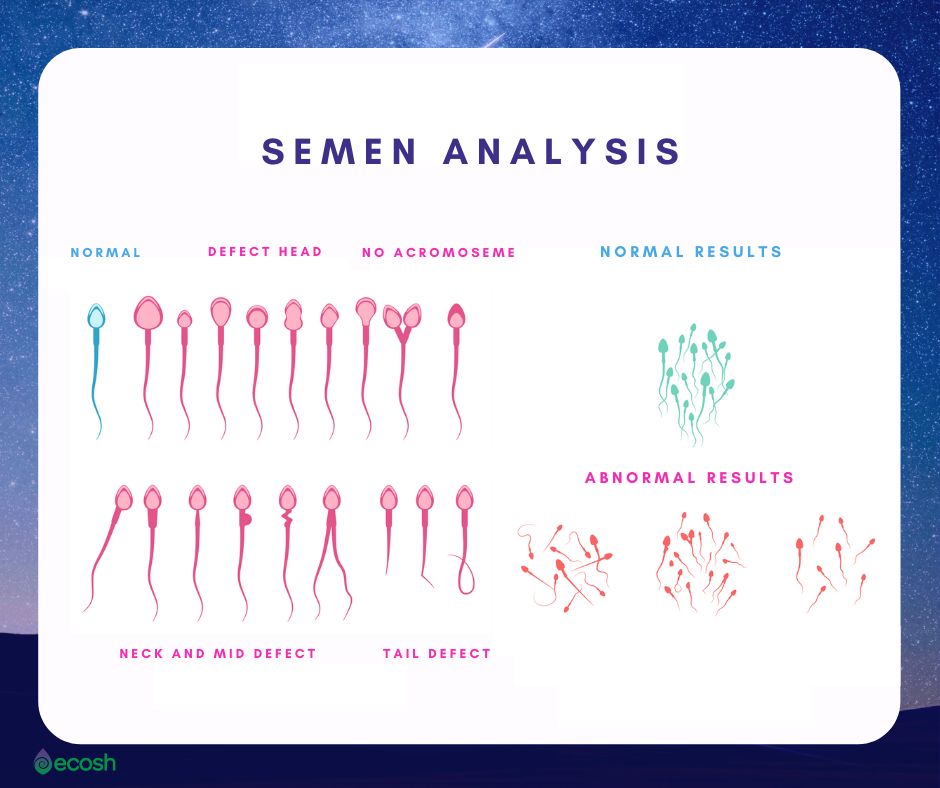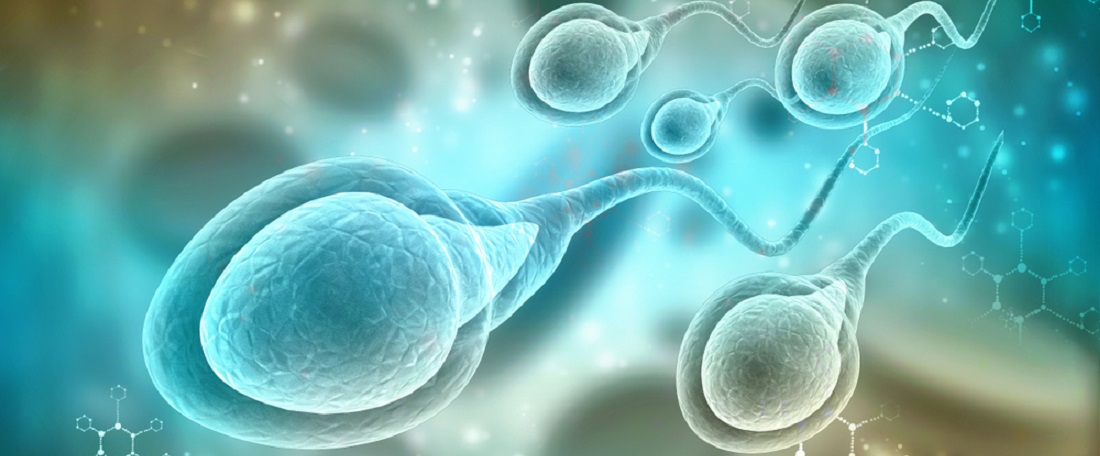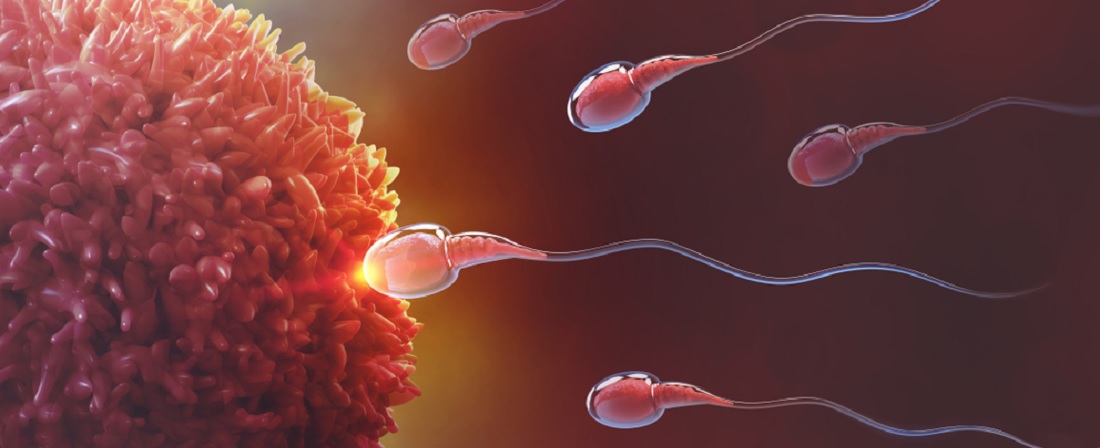Infertility is a complication defined as not being able to get pregnant (with frequent intercourse) for at least a year. When a couple being unable to conceive a child can cause significant stress and unhappiness.
However, it is a very common and growing concern in today’s society. Modern medicine has solved the problem by artificial insemination and it is already a common procedure, however it does not guarantee family growth every time.
Similarly, artificial insemination may solve the situation for some families, but does not solve the cause of the problem.
What is it that can cause difficulties in having a baby? Yes, most of the time the reasons can be medical conditions, but why do we often forget the lifestyle alongside all of this? Lifestyles that negatively affect health cause most diseases. Why not to think that it also affects our reproductive capacity?
In this article we write about most common male and female medical conditions and lifestyle choices, that both may affect infertility.
Prevalence of Infertility
Different studies have found different results. One of the most widely used infertility statistics says that around 15% of couples worldwide experience problems with infertility. However, it also depends largely on how the statistics are calculated and on the continent (1).
For example, African and Eastern European countries have higher rates of infertility than other countries. On the other hand, statistics for many regions are inadequate.
The rates of male and female infertility are also fluctuating. However, it is generally believed that male and female fertility problems occur in relatively equal proportions of 50:50 (1).
In any case, infertility has been proclaimed by the World Health Organization (WHO) as a global health problem and, as such, requires active intervention.
17 Common Causes of Female Infertility
There may be many different causes of infertility. The most common reasons for women are:
1. Complications of surgery
As a result of pelvic surgery, one of the complications may be damage to the fallopian tubes, resulting in an interrupted passage of the ovaries and uterus. The uterus may also develop extensive scarring (2).
2. Cervical mucus problems
During ovulation, the mucus secreted by the mucous membrane becomes thinner, which makes it easier for the sperm to move and thus promotes fertility.
If the mucous membranes are disturbed, fertility also falls (2).
3. Structural issues (Fibroids, Polyps or Myomas)
These are benign forms of the muscle layer of the uterus that are not tumors. In some cases, they can block the fallopian tubes and inhibit fertility. The damage of fallopian tubes may include pelvic infections and/or scarring from previous surgery.
Infertility is affected also by other structural issues such as blocked fallopian tubes, abnormal anatomy of the cervix or uterus, endometriosis or scar tissue.
Damaged or blocked fallopian tubes lead to problems with transportation of the egg(s) (2).
4. Endometriosis
Endometriosis is a disease in which the lining of the uterus (endometrium) grows and acts outside the womb. This may result in damage to the ovaries or fallopian tubes (2).
5. Pelvic inflammatory disease (PID)
Inflammation of the uterus, fallopian tubes, ovaries or the entire small pelvis, which has spread to the vagina and cervix. Pelvic inflammatory disease (PID) can occur due to chlamydia or gonorrhea (2, 7).
Inflammation can lead to damage and scarring of the fallopian tubes, which makes pregnancy very difficult (2).
6. Different ovulation problems.
- Polycystic Ovarian Syndrome (PCOS) – Is a hormonal disorder of the endocrine glands in women.
- Disorders of The Thyroid Gland – Both, either too much thyroid hormone or too little thyroid hormone can interfere with the menstrual cycle or cause infertility.
- Primary ovarian insufficiency (POI), also known as Premature Ovarian Failure – A condition in which ovarian dysfunction (a woman’s ovaries stop working normally) occurs before the age of 40.
- Diminished Ovarian Reserve, Premature Menopause or Changes in Egg Quality or Quantity can also affect fertility.
- Gland Disorders – These hormonal disorders may include problems with the hypothalamus, pituitary gland, adrenal gland (such as Cushing’s syndrome or congenital adrenal hyperplasia) (2).
7. Effect of medicines and birth control pills
Non-steroidal anti-inflammatory analgesics (eg ibuprofen, aspirin) may make it more difficult to become pregnant after long-term use or abuse. Chemotherapy can also damage the ovaries.
Also, certain neuroleptics used in the treatment of psychosis can cause abortion and break the regular cycle, which also reduces the likelihood of pregnancy.
The birth control pills may not cause long-term infertility after discontinuation, but they can delay fertility by up to a year. The delay is caused by the pill’s impact on the production of cervical fluid, an essential component of conception.
Also, women who have had a tubal ligation or an Essure® device (forms of permanent birth control) should speak with a gynecologist about their options (2).
8. Athletic overtraining
9. Stress
Stress can be the reason for most health conditions and also causes infertility (2). To relax your body and lower stress try natural dietary supplements like B vitamins, Ashwagandha, Peppermint leaf extract, Vitamin D or Moringa.
10. Environment
Too much exposure to certain chemicals and toxins (for example, tobacco smoke, alcohol, marijuana, pesticides, radiation, and chemotherapy) can affect your overall health as well as fertility (2).
11. Poor diet that is lacking in nutrients
Diets high in unsaturated fats, whole grains, vegetables, and fish have been linked with improved fertility in both women and men. While current evidence on the role of dairy, alcohol, and caffeine is inconsistent, saturated fats, and sugar have been associated with poorer fertility outcomes in women and men (11).
If your daily menu does not contain adequate amounts of nutrients, you can use natural dietary supplements.
12. Hormonal issues
When hormone disorders are present, problems with ovulation can occur. These can be due to the lack of the necessary synchronized hormonal changes leading to the release of an egg from the ovary (2).
13. Sickle cell disease
14. Kidney disease
15. Celiac disease
16. Diabetes
17. Too much body fat or very low body fat (2).
14 Common Causes of Male Infertility
1. Trauma or prior surgeries on the testicles or inguinal region
The testicles produce and store semen. Therefore, if something were to happen to them, such as some trauma, the injury could also result in fertility loss. However, it may also be an operation or an illness and complication.
As a result of testicular cancer, one or both testicles can be removed, which automatically results in infertility. It may be a congenital disorder that causes birth defects (2).
2. Ejaculation problems
Men may have problems with ejaculation, which also results in the loss of semen. It may simply be an erection or premature ejaculation problem. However, it can have both – mental or physical, causes. Impotence can thus be both partial and complete (2).
If you would like to boost your sexual performance, you can try natural supplements. It`s created for physically active people, who want to improve their physical and sexual endurance.
Another problematic condition is when semen entering the bladder instead of emerging through the penis during orgasm (retrograde ejaculation) (2).
3. Exposure to chemicals like pesticides, radiation, and chemotherapy
There are quite a number of chemical substances in the surrounding environment that have toxic effects – such as in plastic, skincare products, daily hygiene products and pesticides (2).
Read about how silicons, parabens and other toxic and harmful compounds in our daily skincare products affect male hormones in our previous article.
4. Hypogonadism
Hypogonadism is a change in the male body in which the testicles no longer produce enough testosterone. Low testosterone levels also lead to impaired sperm production (2).
5. Semen Disorder
One of the main causes for men is the poor quality of the semen and this may also be due to lack of fluid. In this case, the sperm does not move properly and has an unusual or abnormal shape (2).
6. Lifestyle as one of the hidden causes of infertility
In recent decades, fertility problems in public health have become an increasingly acute problem. This is primarily because in the welfare states there is a preoccupation with an aging population where fewer new people are born and life expectancy increases. Which also makes it an economic problem.
Another reason is that lifestyle diseases are one of the main causes of the population’s health. In particular, unhealthy diets (overweight), consumption of mind-poisons such as alcohol, tobacco, marijuana use, and lack of exercise.
These factors are one of the major contributors to cardiovascular disease, respiratory disease and cancer. So, it is no wonder that it also negatively affects fertility.
It has been known for a long time that one of the biggest factors in male infertility is the significant decline in sperm quality. This is largely because of changed eating and exercise habits (2).
7. Overexposure to heat (such as in saunas and hot tubs)
8. Undescended testicles
An undescended testicle (cryptorchidism) is a testicle that hasn’t moved into its proper position in the bag of skin hanging below the penis (scrotum) before birth.
9. Genetic defects/DNA damage
10. Diabetes
11. Prior bacterial or viral infections such as mumps or adenovirus
12. Enlarged veins (varicoceles)
Enlarged veins in the testes can increase blood flow and heat, both of which affect the number and shape of the sperm
13. Steroid use
14. Certain genetic diseases (such as cystic fibrosis) (2).
Infertility – What Can You Do to Improve It Naturally?
Infertility and being overweight
Recently defended Estonian doctoral thesis Dr. Kristel Ehala-Alexeyev found that male infertility is associated with being overweight.
Moreover, this study is the first in the world to find that the negative effects of male overweight and abdominal obesity are greater in men with a smaller testicular volume and that male fertility falls significantly when a man consumes excessive alcohol and has elevated liver enzymes (GGT).
According to a recent doctor, being overweight generally affects the hormonal balance, which is primarily manifested by a fall in testosterone levels. However, it is noted that alcohol and excess body weight may negatively influence female fertility (3).
Infertility and physical activity
Physical activity is very important for fertility as it not only helps to maintain normal body weight, which is directly related to fertility, but also helps to maintain overall health through physical activity (4).
Specifically, muscle performance is very closely related to your overall health. So it is important that you practice regular physical activities and exercise.
At the same time, you should not over-train. It’s not recommended, as there is a risk of adversely affecting the functioning of your hormones.
Infertility and heat
This can be bad news for all sauna lovers and those who work in warm environments, but men should not stay in hot rooms for long periods. There is reason to believe that if the testicles are exposed to excessive heat for a long time, the volume of semen will decrease (5, 6).
Such a negative effect may last up to 30 days after being in a hot environment.
Therefore, skip the passages in the sauna and hot tub during the fertilization period.
Safe – protected sex
Safe sex is also part of good fertility practices because sexually transmitted diseases such as chlamydia and gonorrhea reduce fertility especially in women (7).
Infertility and mental health
Mental health is essential to our quality of life. Excessive stress and poor and intermittent sleep cause hormonal chaos in the body, which also reduces the chances of having a baby (8).
To relax your body and lower stress try natural dietary supplements like B vitamins, Ashwagandha, Peppermint leaf extract, Vitamin D or Moringa.
Infertility and smoking
Another major lifestyle-related evil is smoking. Smoking kills, that should be all said. But if that’s not enough, know that it also kills the ovaries and lowers sperm quality (9).
Infertility and the environment
It is known that the environment has a major effect on our overall health. Both mental (noise, traffic) and physical health (air pollution, pesticides, heavy metals) are affected, which in turn affects our reproductive health (10).
It is unrealistic to remove all environmental hazards, but you can reduce their impact one by one. In the long run it will be a significant health gain. Read about how silicones, parabens and other toxic and harmful compounds in our daily skincare products affect hormones in our previous article.
Summary
Many factors in our lives are essentially pure coincidence, meaning, we may not be able to influence their occurrence with any formula. If fertilization at the first stroke seems unsuccessful, don’t despair.
In half of the cases, pregnancy occurs within the first six months. 80% of couples succeed within one year and 90% within two years.
If you continue to have difficulty with this time, it is advisable to consult with a doctor for examination.
At the same time, we should lead a healthy lifestyle in general, because, as we can infer from the previous text, much is in our own hands. Read more about the Natural Treatments of Male and Female Infertility.
NB! The information provided here is for informational purposes only, so do not consider it as health care or medical diagnosis and treatment. Do not consider this information as a guarantee of the results you want to achieve. In addition, this information is not intended to replace the advice of your physician or other healthcare professional.
Even more, you should not use it to diagnose or treat a health problem. Before changing or discontinuing your existing medication, treatment, or care, or taking any dietary supplements, be sure to consult with your healthcare professional or doctor before starting any diet or program, or if you suspect you may have a medical condition.
Edited by: Maria-Helena Loik
Pictures: Pexels.com, Pixabay.com, Shutterstock.com
Sources:
- https://www.who.int/bulletin/volumes/88/12/10-011210/en/
- https://my.clevelandclinic.org/health/diseases/16083-infertility-causes/management-and-treatment
- https://www.ut.ee/en/events/kristel-ehala-aleksejev-reproductive-consequences-obesity-including-obesity-related-health
- https://www.medicalnewstoday.com/articles/320010#foods-to-improve-sperm-count
- https://www.psychologytoday.com/intl/blog/complementary-medicine/200809/cure-infertility-naturally
- https://pubmed.ncbi.nlm.nih.gov/9756281/#:~:text=We%20concluded%20that%20occupational%20heat,of%20research%20are%20also%20discussed.
- https://www.cdc.gov/std/infertility/default.htm#:~:text=STDs%20%26%20Infertility&text=Chlamydia%20and%20gonorrhea%20are%20important,tube%20infection%20without%20any%20symptoms.
- https://www.webmd.com/baby/features/infertility-stress#1
- https://www.reproductivefacts.org/news-and-publications/patient-fact-sheets-and-booklets/documents/fact-sheets-and-info-booklets/smoking-and-infertility/#:~:text=How%20can%20smoking%20impact%20my,number%20of%20cigarettes%20smoked%20daily.
- https://core.ac.uk/download/pdf/18581654.pdf
- https://www.ncbi.nlm.nih.gov/pmc/articles/PMC6079277/#:~:text=Diets%20high%20in%20unsaturated%20fats,outcomes%20in%20women%20and%20men.

